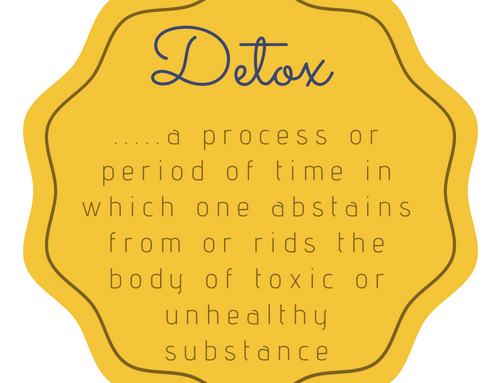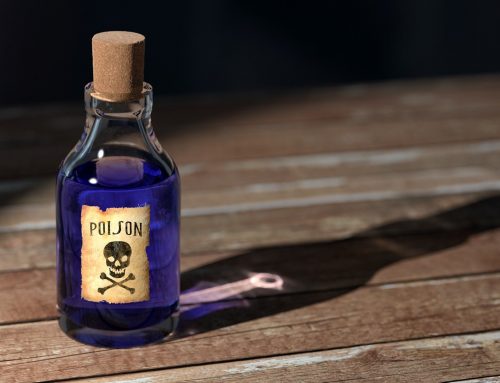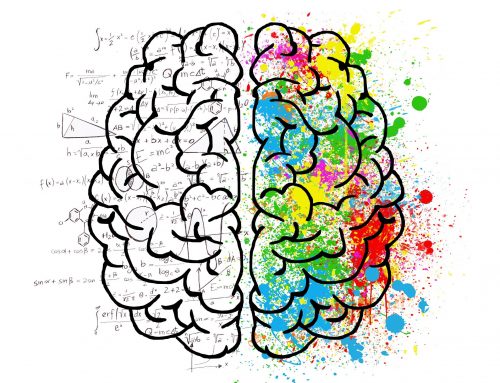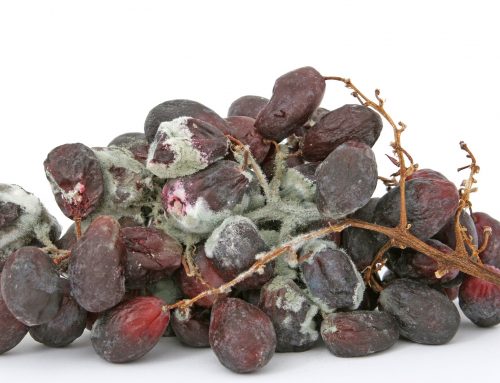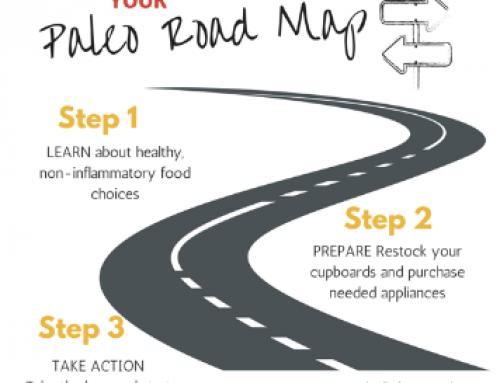low testosterone
Tanked Testosterone
Do you have any of the following struggles:
- Low libido
- Difficult building muscle mass
- Decrease in muscle and muscle strength
- Aches and pains
- Anxiety & depression
- Fatigue
- Lack of motivation
- Weight gain and belly fat
You may be struggling with low testosterone & estrogen dominance.
Why Should You Care?
Research shows significant long term health consequences associated with low testosterone. One study found that low blood (serum) testosterone levels were correlated with an increased risk of death due to cancer and cardiovascular disease.

Who is at Risk for Low Testosterone?
The research on testosterone levels among men is startling. The levels of male testosterone are decreasing across time, leading to endemic levels of low testosterone levels in middle aged and older men. Statistics from one lab company found that 80% of men from over 7000 blood tests had below optimal levels of free testosterone. And when you get over 30 years of age, it is estimated that 1 in 4 men have low levels of testosterone. Another study found that 30% of men over 60 years of age had low testosterone levels.
It is also likely that these statistics are an underestimate. This is because the conventional laboratory ranges for ‘healthy’ are based on the general population average and not optimal levels. Given that the average testosterone levels in the general population are decreasing over time, the conventional reference ranges for ‘healthy’ testosterone levels will also decrease. Ranges used by functional health practitioners are based off of what is optimal for performance, and tend to be a bit higher then ranges used by conventional medicine.
What causes low testosterone?
Cause #1: Stress
That’s right. Stress results in an increase in cortisol production, which impacts testosterone production.
Stress can come in all sorts of forms including:
- Work stress
- Emotional stress (i.e. a toxic relationship)
- Hidden stressors (i.e. gut infections & heavy metals).
When you are stressed, your body naturally releases cortisol. However, your body was only built for short-term surges in stressful situations. Ongoing stress leads to chronically high levels of cortisol (initially), which is extremely unhealthy for the body. High levels of cortisol can lead the body to be in a catabolic state – which means that it is breaking down instead of building itself up. What does that mean for testosterone? You guessed it. The body is so busy directing all of its resources towards the stressful situation that testosterone production loses out. One study found that stress results in increased cortisol levels and experiences of anxiety but decreased testosterone levels.
Why does this happen?
In males, over 95% of testosterone is produced in the Leydig cells in the testes. When there are high levels of cortisol, it inhibits the first step of the formation of the testosterone by blocking the rate limiting step in hormone formation, which is known as the StAR protein (or steroidogenic acute regulatory protein). By blocking this protein, cortisol slows the production of hormones, including testosterone.
The solution: Reduce your stress, determine your hidden stressors (including gut infections) and eliminate them.
Cause #2: Insulin
![]() Insulin resistance occurs when blood sugar is chronically high. This can happen as a result of consuming a lot of carbohydrates, or foods with a high glycemic index. The cells begin to adapt to the constant high levels of insulin by reducing their sensitivity to insulin, therefore decreasing their uptake of sugar. As a result, the body’s blood sugar levels continue to remain high, as well as insulin levels. Check out my post on Balancing Blood Sugar for more info on the ins and outs of the sugar rollercoaster we put our bodies through.
Insulin resistance occurs when blood sugar is chronically high. This can happen as a result of consuming a lot of carbohydrates, or foods with a high glycemic index. The cells begin to adapt to the constant high levels of insulin by reducing their sensitivity to insulin, therefore decreasing their uptake of sugar. As a result, the body’s blood sugar levels continue to remain high, as well as insulin levels. Check out my post on Balancing Blood Sugar for more info on the ins and outs of the sugar rollercoaster we put our bodies through.
What you eat and the amount of sugar you consume also impacts your cortisol levels. As we have just learned, this will decrease testosterone levels. But what is known is that low testosterone is associated with high levels of insulin.
The solution: Eat a low glycemic diet like a keto diet, or a paleo diet to balance your blood sugar.
Cause #3: The Beast that Is Estrogen Dominance
Estrogen dominance impacts both males and females and let me tell you – it’s nasty. Estrogen dominance can be due to a variety of causes including copper toxicity, poor elimination pathways, chemical toxicity and aromatization. Aromatization can occur when fat (such as belly fat) causes the expression of the enzyme aromatase. This enzyme is responsible for converting testosterone into estrogens. In other words, excess body fat can trigger your testosterone to be converted into estrogens, decreasing overall testosterone levels.
Cortisol can also trigger the production of aromatase, so can inflammation, mold toxicity, poor diet, insulin resistance and too much exposure to xenoestrogens (chemicals like BPA that mimic estrogen in the body). A balanced estrogen-testosterone level has many amazing protective factors, whereas an unbalanced ratio cause serious health risks. For example, one study found that men with chronic heart failure and high estradiol (an estrogen) were 133% more likely to die from any cause.
The solution: Address your estrogen dominance by determining and treating your toxic metal load, avoiding xenoextrogens and decreasing your belly fat. This can be done through testing, reducing stress, eating a healthy diet and exercising. Supplementation can also support a decrease in aromatization.
Cause #4: Oxidative damage
Testosterone is made by using energy generated from the cell’s powerhouse – the mitochondria. As a result of testosterone formation, the Leydig cells in the testes are exposed to oxidative stress. With the addition of present day stressors such as a poor diet, pesticides on foods, pollution, chemicals and a few gut infections, the Leydig cells of the testes are inundated with sources of oxidative stress. Aging also plays a key role in the decline of testosterone levels; one study (in animals) proposes that increased oxidative damage is directly related to the decrease in testosterone levels in men as they age. They found that aging leads to a reduction in antioxidants in the Leydig cells, which then leads to increased oxidative damage.
The solution: Increase consumption of antioxidants, reduce oxidative damage by lowering toxic load on body (eat organic, reduce exposure to foods with pesticides, decrease use of personal care products with chemical content etc).
The Testosterone Trainer 4 step program:
Step One: Comprehensive Intake & Testing
As part of this program, we provide a comprehensive intake that carefully screens for lifestyle and potential hidden stressors that could be impacting your testosterone production.
We recommend three comprehensive tests (the GI MAP, and HTMA and the DUTCH test) although additional testing options are available.
Step Two: Diet and Lifestyle Coaching
Diet is a key component to healthy testosterone. You will be provided with 2 months of meal plans (which includes recipes, nutritional information and shopping lists) that aim to address insulin resistance, reduce body fat and increase antioxidants in your diet.
Lifestyle coaching will support the development of healthy patterns. For example, sleep plays a key role in testosterone production. One study found that healthy men who had less than 5 hours of sleep per night over than course of the week had 10 to 15% lower testosterone production.
 Step Three: Exercise
Step Three: Exercise
Research has shown that high intensity, short duration exercise will boost testosterone levels. The most effective type of exercise that boosts testosterone production akin to interval training – with intense activity, followed by brief rest periods. We want to provide you with the tools to do just that! Our local program is in partnership with No Drama Fitness.
Step Four: Supplementation
Although diet, exercise and lifestyle is important, often the body requires a bit of assistance to rebalance. This is where supplementation comes in. You will be provided with a customized protocol that will be designed specifically to address your individual cortisol pattern, any hormone imbalances, healthier hormone detoxification and to treat gut infections. For example: One particular supplement called Astaxanthin, which is a fantastic antioxidant has been found to decrease oxidative damage in the Leydig cells in the testicles.
These four steps are an excellent way to address the underlying causes of your low testosterone and naturally bring them up to a healthy, balanced level.
To sign up for this program or learn more, click here.


